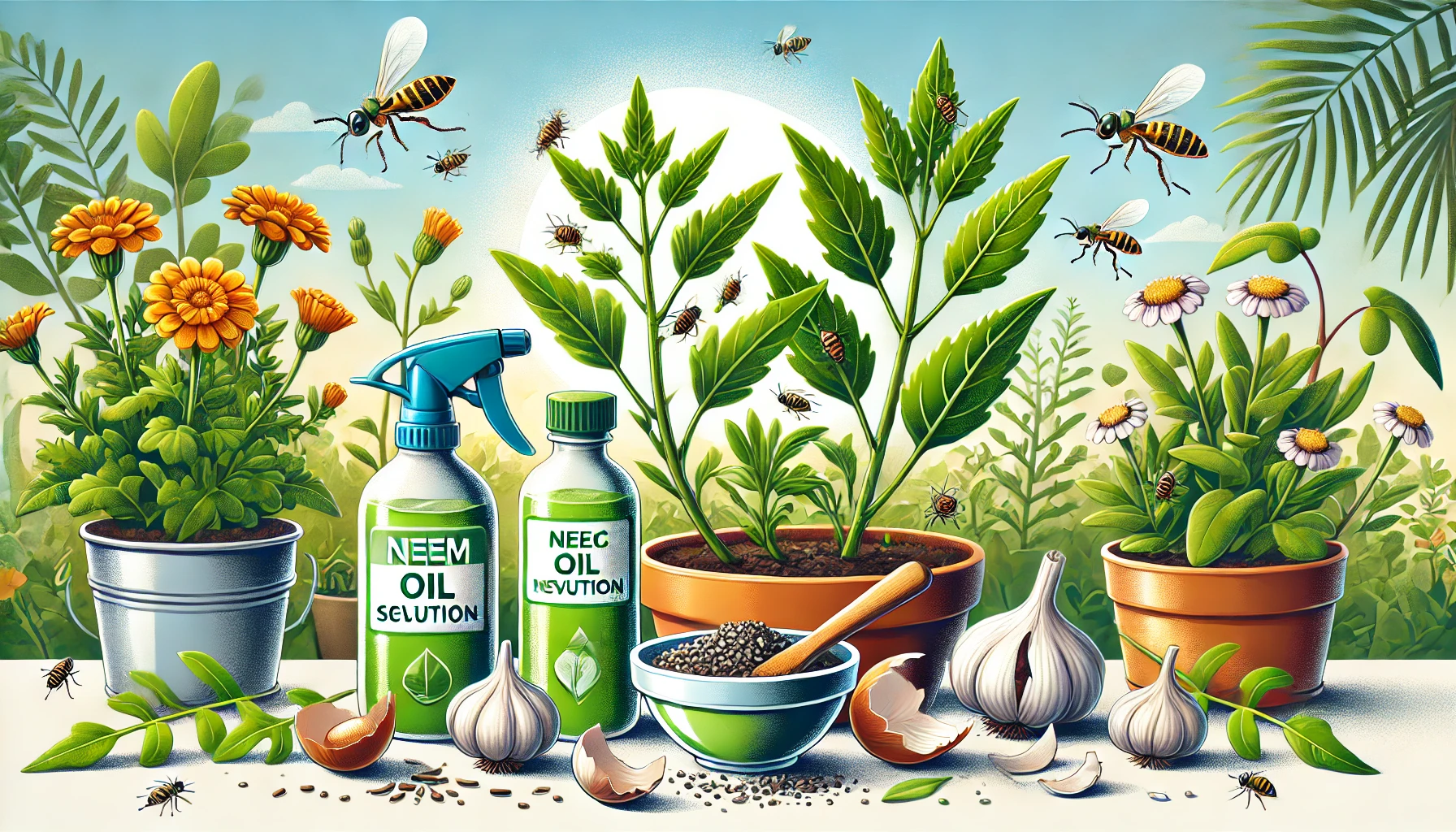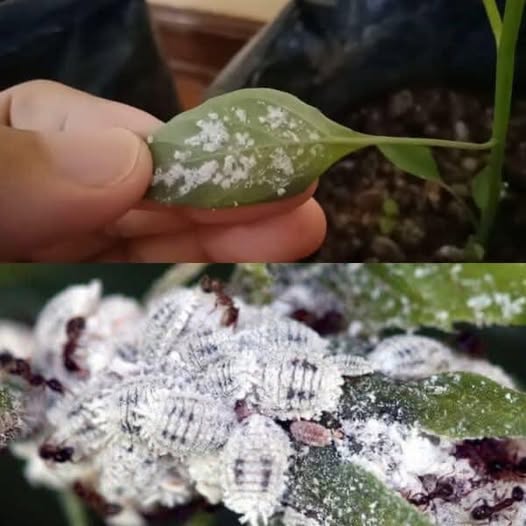ADVERTISEMENT
Aphids are common garden pests that can seriously damage plants by sucking their sap and weakening their growth. Although there are many chemicals on the market to remove them, opting for home remedies is an ecological, economical, and effective alternative.

Here are some natural solutions and additional tips to keep these invaders at bay.
Effective Ingredients and Remedies
- Water with neutral soap :
- Ingredients: Water and neutral or potassium soap.
- Preparation: Mix a tablespoon of neutral soap in a liter of warm water.
- Application: Spray directly onto the leaves affected by aphids, making sure to cover both the top and bottom. This method obstructs the breathing of insects and eliminates them quickly.
- Neem oil:
- Ingredients: Neem oil, water and a few drops of biodegradable detergent.
- Preparation: Mix a tablespoon of neem oil with a liter of water and a few drops of detergent to facilitate emulsion.
- Application: Spray the mixture on the infested plants. This oil acts as a natural repellent and breaks the life cycle of aphids.
- Garlic infusion:
- Ingredients: 5 cloves of garlic, a liter of water and a tablespoon of alcohol.
- Preparation: Boil the garlic cloves in water for 10 minutes, let cool and add the alcohol.
- Application: Spray on affected plants. The strong aroma of garlic repels aphids and other insects.
- Vinegar solution:
- Ingredients: One part white vinegar to 10 parts water.
- Preparation: Dilute the vinegar in water and mix well.
- Application: Spray carefully on plants, avoiding overuse that can damage leaves.
- Nettle tea:
- Ingredients: 100 grams of fresh or dried nettle, one liter of water.
- Preparation: Leave the nettles to macerate in water for 24 hours. Filter the mixture before use.
- Application: Spray on plants to strengthen them and repel pests such as aphids.
Additional tips to prevent and control aphids
- Promoting biodiversity in the garden:
- Introduce beneficial insects such as ladybugs and lacewings, which feed on aphids. You can buy them in specialty stores or attract them by planting flowers like marigolds or daisies.
- Keep your plants healthy:
- Fertilize your plants properly and avoid excess nitrogen, which can make them more attractive to aphids.
- Regular pruning:
- Inspect your plants frequently and remove any infested leaves or shoots to prevent the pest from spreading.
- Crop rotation:
- Change the location of the plants most susceptible to aphids each season to interrupt the pest cycle.
- Use of physical barriers:
- Place light netting or mulching over younger or more delicate plants to prevent aphids from reaching them.
- Spray with pressurized water:
- Use a moderate stream of water to dislodge aphids from the leaves. This works best on initial infestations.
Apply these tips and see the results!
ADVERTISEMENT
